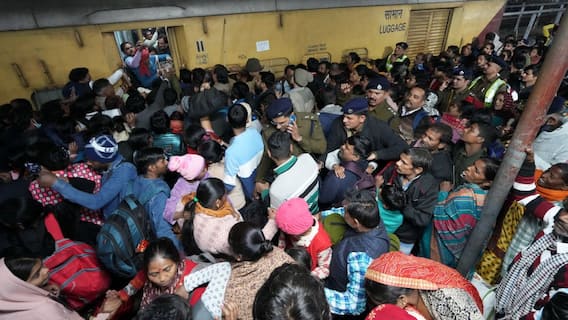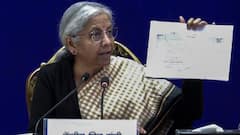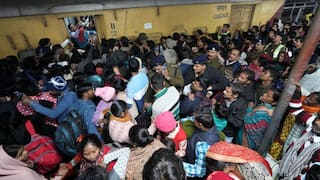SBI, ICICI Bank, HDFC Bank Remain RBI’s Domestic Systemically Important Banks
Domestic Systemically Important Banks (D-SIBs) in simplers terms are those banks whose failure can impact the whole of the financial system and create instability

India’s top three banks – State Bank of India, ICICI Bank, and HDFC Bank – continue to remain in the Reserve Bank of India (RBI) lists of Domestic Systemically Important Banks (D-SIBs). Domestic Systemically Important Banks (D-SIBs) in simplers terms are those banks whose failure can impact the whole of the financial system and create instability. That is why banking regulators like the RBI put them on a list of lenders that are too big to fail.
In a press release dated January 2, the RBI said, “State Bank of India, ICICI Bank, and HDFC Bank continue to be identified as Domestic Systemically Important Banks (D-SIBs), under the same bucketing structure as in the 2021 list of D-SIBs.”
Systemically important banks usually attract closer supervision and regulation from central banks. Around the world, central banks began to look at these banking institutions closely after the 2008 global financial crisis.
RBI too is making stricter rules for D-SIBs. “The additional Common Equity Tier 1 (CET1) requirement for D-SIBs was phased-in from April 1, 2016 and became fully effective from April 1, 2019. The additional CET1 requirement will be in addition to the capital conservation buffer,” the RBI said.
As per the RBI’s latest press release, SBI will have to maintain an additional 0.60 per cent CET1 as a percentage of its risk-weighted assets. Similarly, ICICI Bank, and HDFC Bank need to maintain an additional 0.20 per cent each, the central bank said.
The RBI issued the framework for dealing with Domestic Systemically Important Banks (D-SIBs) on July 22, 2014. The D-SIB framework requires the Reserve Bank to disclose the names of banks designated as D-SIBs starting from 2015 and place these banks in appropriate buckets depending upon their Systemic Importance Scores (SISs).
Based on the bucket in which a D-SIB is placed, an additional common equity requirement has to be applied to it. In case a foreign bank having a branch presence in India is a Global Systemically Important Bank (G-SIB) the bank has to maintain additional CET1 capital surcharge in India as applicable to it as a G-SIB, proportionate to its Risk Weighted Assets (RWAs) in India.
The RBI had announced SBI and ICICI Bank as D-SIBs in 2015 and 2016. Based on data collected from banks as on March 31, 2017, HDFC Bank was also classified as a D-SIB, along with SBI and ICICI Bank. The current update is based on the data collected from banks as on March 31, 2022.
Trending News
Top Headlines











































